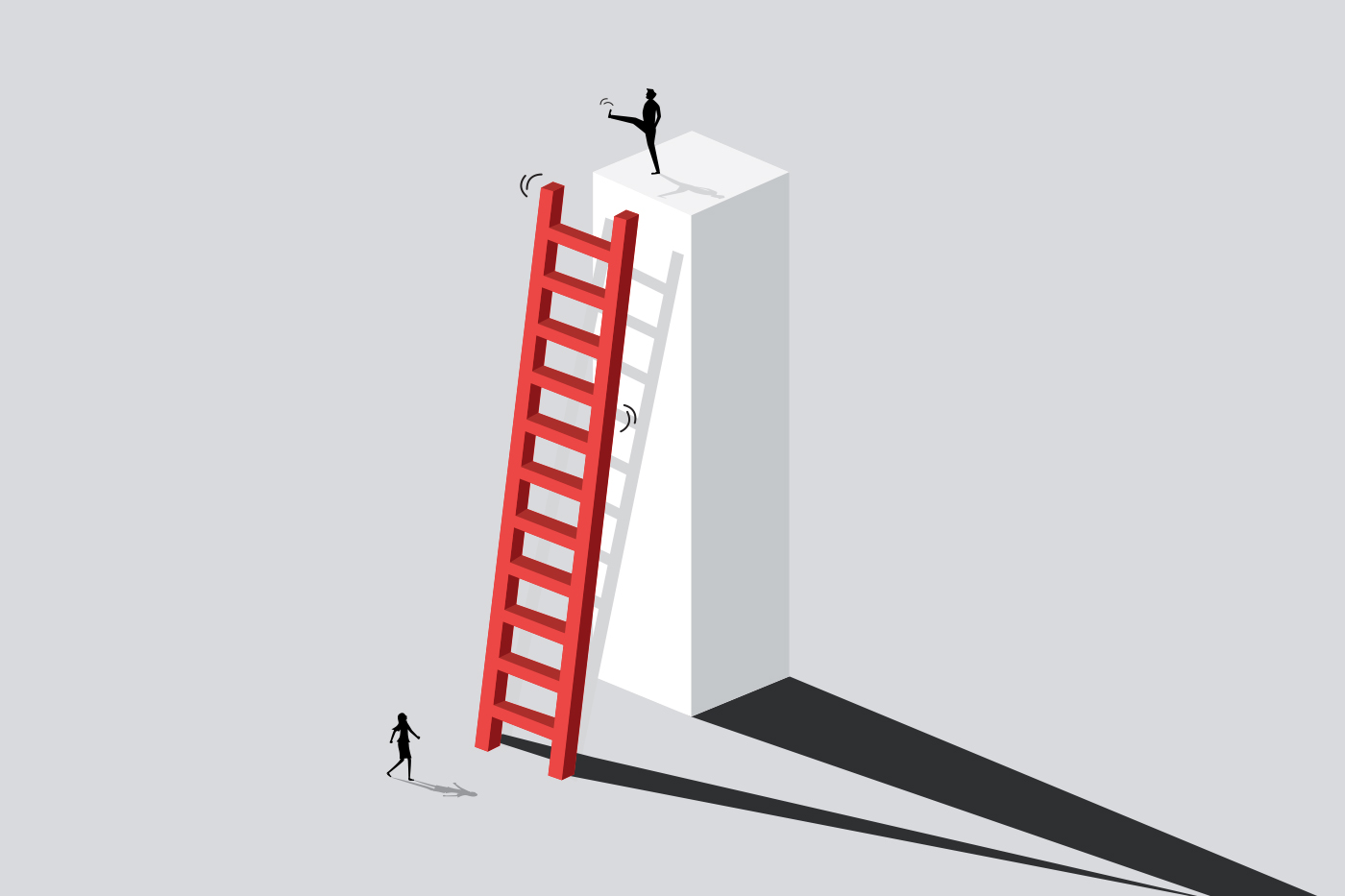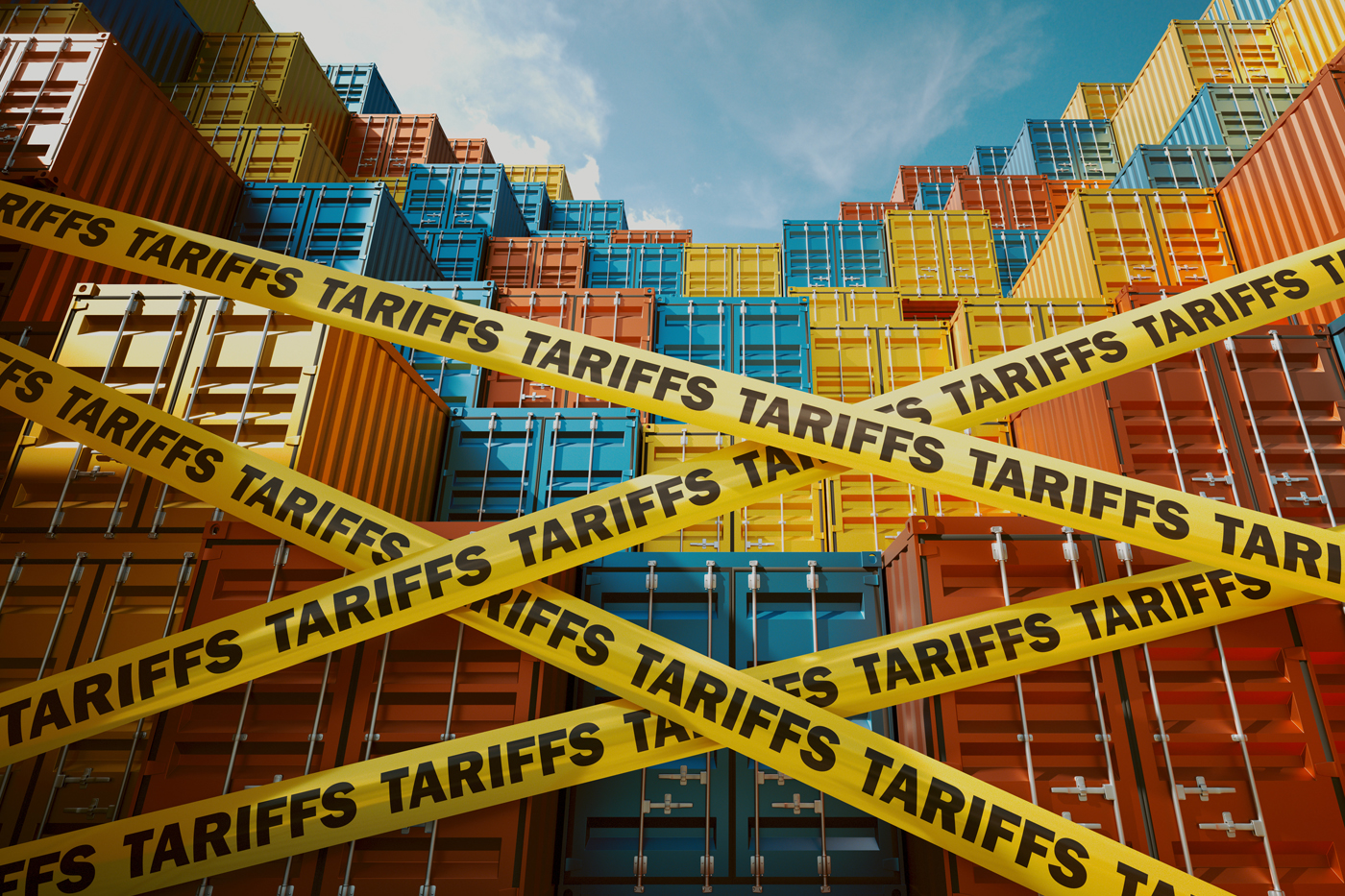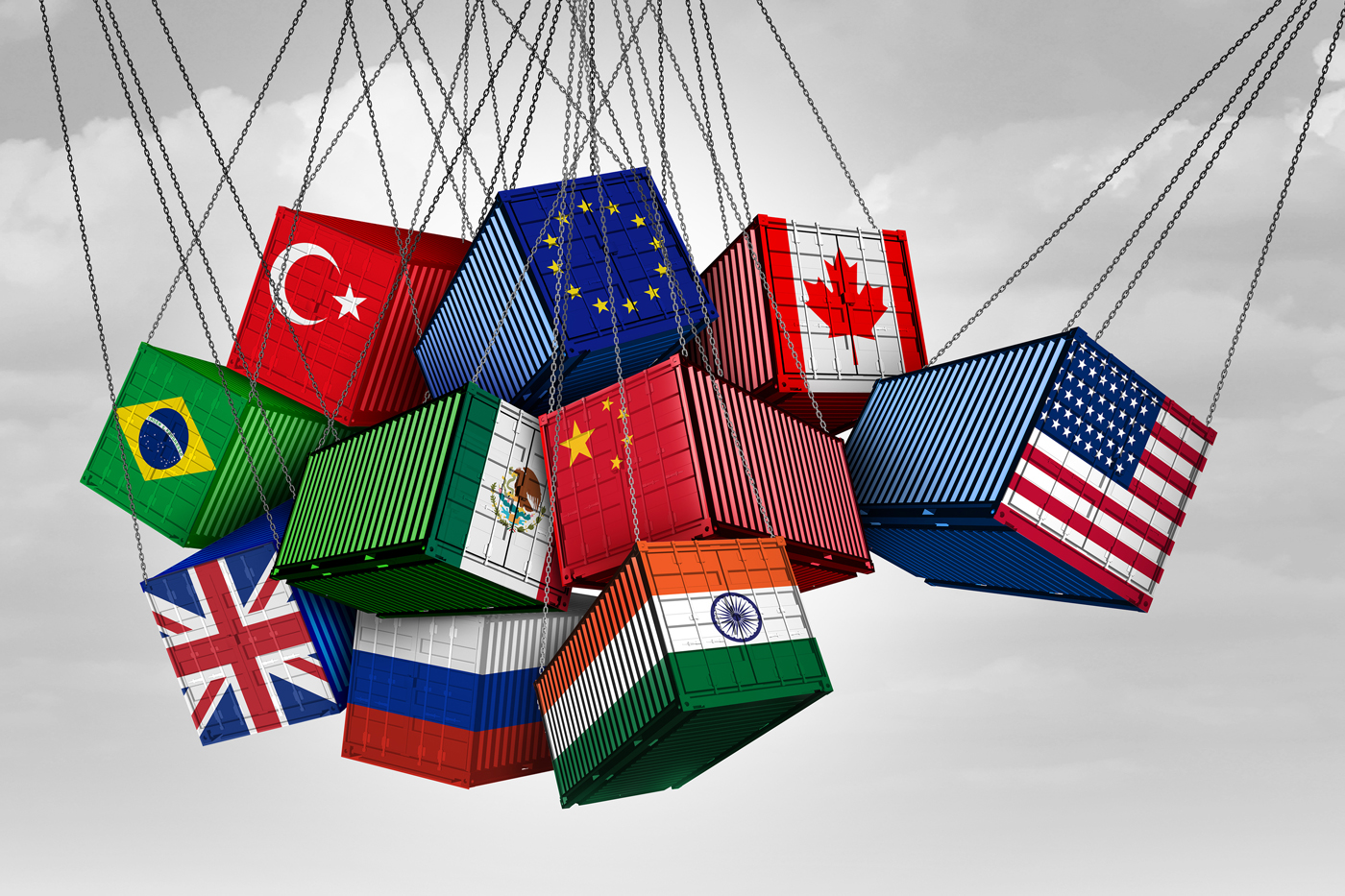Are We Still Kicking Away the Ladder?
A global shake-up is here. Will we seize the opportunity to do things differently?
A global shake-up is here. Will we seize the opportunity to do things differently?
 By Angela SP Yap
By Angela SP Yap
As markets adjust to the chaos of President Trump’s sweeping Liberation Day tariffs and the lingering US-China trade war, the rise in geopolitical tensions is shaking up the global economic order.
Economic blocs such as ASEAN and BRICS (comprising Brazil, Russia, India, China, and South Africa) are seizing the opportunity to chart new ways forward in the pursuance of economic progress. It is marked by notable shifts in favour of de-dollarisation as well as a push for a more diversified international financial system that will prioritise the needs of emerging markets and developing countries.
Yet, as the world stands on the precipice of a new way, there is a collective sense that we’re not quite ready to make the leap. During times of uncertainty, learning from history is crucial to our understanding of current events, identifying the forces at play, and making informed decisions.
More than 20 years ago, one of the world’s leading (and controversial) economists, Ha-Joon Chang, released his work, Kicking Away the Ladder: The ‘Real’ History of Free Trade.
It is a critique of how the world’s champions of free trade – the US, Britain – had historically climbed up the economic ladder using protectionist policies. However, upon reaching the economic summit, they then ‘kicked away the ladder’ for other developing countries by propagating that the use of tariffs, subsidies, monopoly rights – essentially protectionist tools – were ‘bad’ policies and free trade was the way to go.
The root of this metaphor is traced back to the German economist Friedrich List, who in 1841 wrote: “It is a very common clever device that when anyone has attained the summit of greatness, he kicks away the ladder which he has climbed up, in order to deprive others of the means of climbing up after him.”
“…Any nation which by means of protective duties and restrictions on navigation has raised her manufacturing power and her navigation to such a degree of development that no other nation can sustain free competition with her, can do nothing wiser than to throw away these ladders of her greatness, to preach to other nations the benefits of free trade…”
Prof Chang recounts the long history of this trend. For instance, in the 1930s, when the American economy experienced instability post World War I, the country imposed the Smoot-Hawley tariffs, an intervention that significantly raised tariffs on imported goods in the US as a way in which to protect its domestic economy and raise agricultural prices. It has also influenced the way in which policy-related conditions are devised when nations seek financial assistance from multilateral agencies like the International Monetary Fund and World Bank, conditions which, he expounds, “should be radically changed”.
“These conditions should be based on the recognition that many of the policies that are considered bad are not, and that there can be no ‘best practice’ policy that everyone should use…Allowing the developing countries to adopt the policies (and institutions) that are more suitable to their stages of development and to other conditions they face will enable them to grow faster, as indeed it did during the 1960s and the 1970s.”
This view is increasingly being put into practice by emerging economies like Timor-Leste which, despite their heavy reliance on multilateral aid, have pursued financial and economic policies that are contextualised to the Timorese experience and exerted with a measured independence (see Timor-Leste is Open for Business on page 9).
Looking at the current state of the world through a historical lens is, as Prof Chang exhorts, necessary because it is “not just a matter of ‘getting history right’, but also of allowing the developing countries to make informed choices.”
“This strategic choice,” he writes, “should be made in the full knowledge that historically the vast majority of the successful countries used the opposite strategy in order to become rich.”
In the context of today’s ongoing tariff and trade war, how do we apply this knowledge and come out winning or, at the very least, not holding the short end of the stick?
The answer is in our allies. Economic groups will play a crucial role in the reshaping of this new global order.
ASEAN, with its 655 million population en route to becoming the fourth largest market within five years, will become increasingly relevant, not least for its stability and dynamism. As the current ASEAN Chairman Prime Minister Dato’ Seri Anwar Ibrahim expressed: “ASEAN must always bear in mind that centrality (the concept that the bloc plays a central role in shaping the regional institutional and political architecture of the region) is not a right, but a privilege that has to be earned and re-earned in the context of changing contingencies.”
Developing economies constitute 86% of the world’s population. Asia should seize the opportunity to redesign and rewrite the financial and economic playbook in ways that will secure its future.
It’s time we stop kicking away the ladder and invest in building some new ladders of our own.
Angela SP Yap is a multi-award-winning social entrepreneur, author, and financial columnist. She is Director and Founder of Akasaa, a strategic consulting and publishing firm with offices in London, Kuala Lumpur, and Sharjah. An ex-strategist with Deloitte and former corporate banker, she has also worked in bond pricing and in international development with the UNDP. Angela holds a BSc (Hons) Economics.